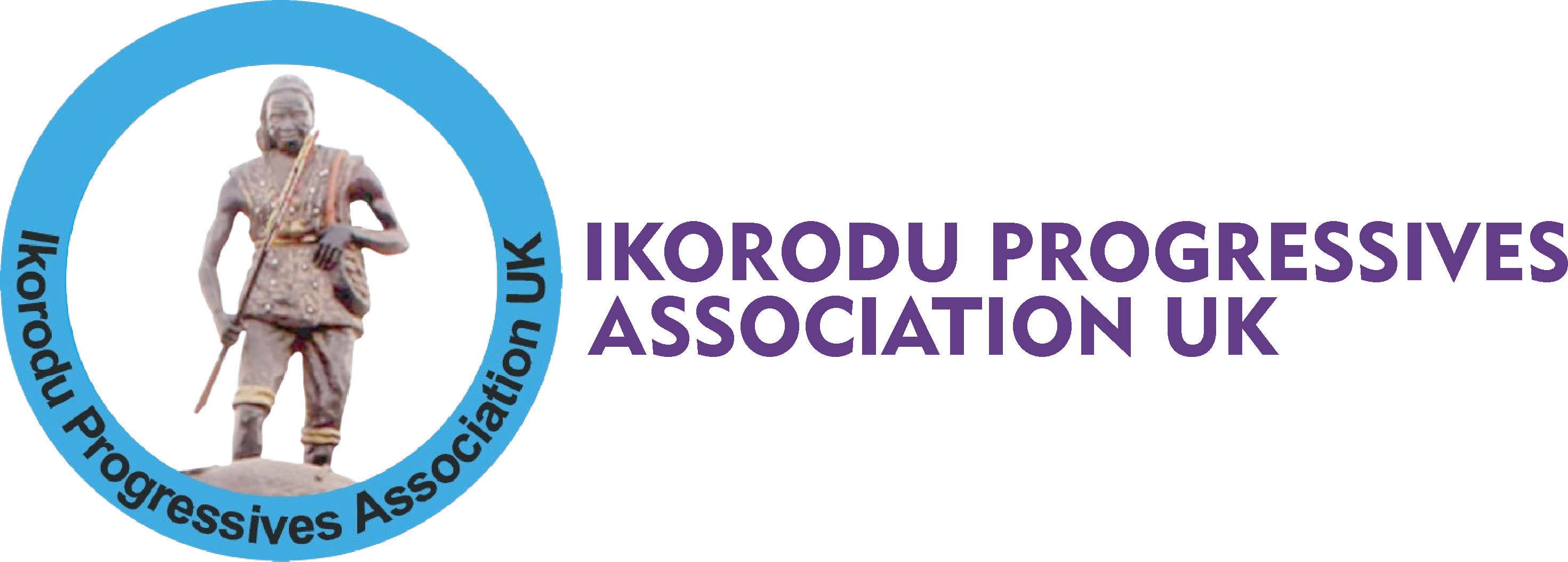Location
Ikorodu lies on a plateau and measuring 5.3sq kilometres from North to South. It stretches from Gbasemo (Aga) and Oriya stream in South to Agbala / Itokin Road in the North. It is bounded in the West by the Majidun River and in the cast by a straight line that connects Itamaga to Abel Abu Garment Industry on Igbogbo – Ipakodo Road.
The top of the plateau is gently undulating. The most important streams are Apeka, Etunrenren, Erikorodo, Melegoke, Yewa, Eri-Ijomu, Ota Ona, Ota-Igbo and Erunwen. Most of these streams have now been savagely polluted by environmental resultants or modernity.
These streams were the sources of cool, smooth potable water to Ikorodu of yesteryears. Ikorodu town lies 30 30’ East of Greenwich and 6075 “North of the Equator. Glimpses of what it used to be in the past could be seen at present day “Oro groves”- Igboti. Ikorodu lies a few kilometres north of the Lagos Lagoon and, in actual fact, less than 10 kilometres North of the Atlantic Ocean (Bight of Benin).
Our fathers were rain forest Farmers and Hunters. Their Arabic crops were mainly Yams -different varieties, such as Akosu, Obisu (Ewura) and Isu alo, Maize, Vegetables and Beans (Ewa pupa). They also grew Melons. They also cultivated Cassava which was used to make Garri and the feeding of their numerous Sheep and Goats. They had paw-paw, oranges, plantains and the native Banana (Ogede Omini) but most of these fruits were never harvested because of the absence of markets and sales outlets for them. They were often left to rot away on the trees or were consumed by birds and animals.
The first settlement in this region was Igbogbo, then followed by Ipakodo and lastly, Ikorodu’. It is interesting to note that ‘Ewu-Elepe’ is even older than Igbogbo in age. The chronological sequence of the four settlements is almost exactly the reverse of their present day size.
- Ita Efulase – This is still our popular “Ita-Efulase o, kero wa wejina olokobo, Ita-Efulase, kero wa wejina olokobo”.This is Ajina, the venue of all traditional festivals – the amphitheatre of traditional display, dancing and drumming. The hub of the town’s social and religious activities.
- Obun Ale: The only night market of those days and it is still in existence today. One important thing to note is that, socially, Obun Ale provided the venue where young men and women met in order to profess their love for one another than at any other venue. An unmarried person would be full of expectations of meeting a suitor at Obun Ale.
- Obun Oke: This is still an extant market. This market is characterised by six “Aba trees”, dotting over the landscape of the market. These trees had disappeared. The market is used to announce the death of any traditional Chief. During such announcement the trees had the most expensive ‘Aso-Oke’ tied around them for up to 14 days to signify woven cloths were never stolen.
- Ita Aro: A minor daily market for food items only.
- Ita Elewa: This is a water logged open space. There were two very tall, Coconut trees at one end and a very tall Akoko trees on a spot, now opposite the entrance of the present day Methodist Church. Ita Elewa was later transformed into a Children’s playing ground before it was used as a Motor park, on the completion and commissioning of the Lagos – Ikorodu Road in 1954. Ita Elewa had the reputation of harbouring ‘Elegbere’ (Spirits) in those days and only the most courageous and daring would pass the area at night.
- Early Morning Markets: These were markets that were held between 5.00am to 7.00am. They were located at Ojubode, Ota-Ona and Oju-baba (opposite the present Salvation Army Church, Itumaja). These early morning markets enabled those who were going to the farms to buy the foods that they would consume on the farms. Main commodities were ‘Dipon’ (Adalu-ewa), Igbalo (Robo) and Igbalo Elewe, Gari, Smoked fish and they were offered in small measures. These markets have naturally vanished.
- Native Authority Prison: There was a Native Authority Prison, on the site which now housed the ‘Exclusive Club’ today. The Prison was closed down around 1938. We learnt that the Prison got closed down because the Inmates mutinied and incarcerated their Warders.
Native Court: The Assessors were Oba Adenaike Alagbe, Oba Ogunlewe and Balogun Jaiyesimi. Of the trio, Oba Ogunlewe, Oloja of Igbogbo was literate. He schooled at Methodist Boys’ High School, Lagos.

